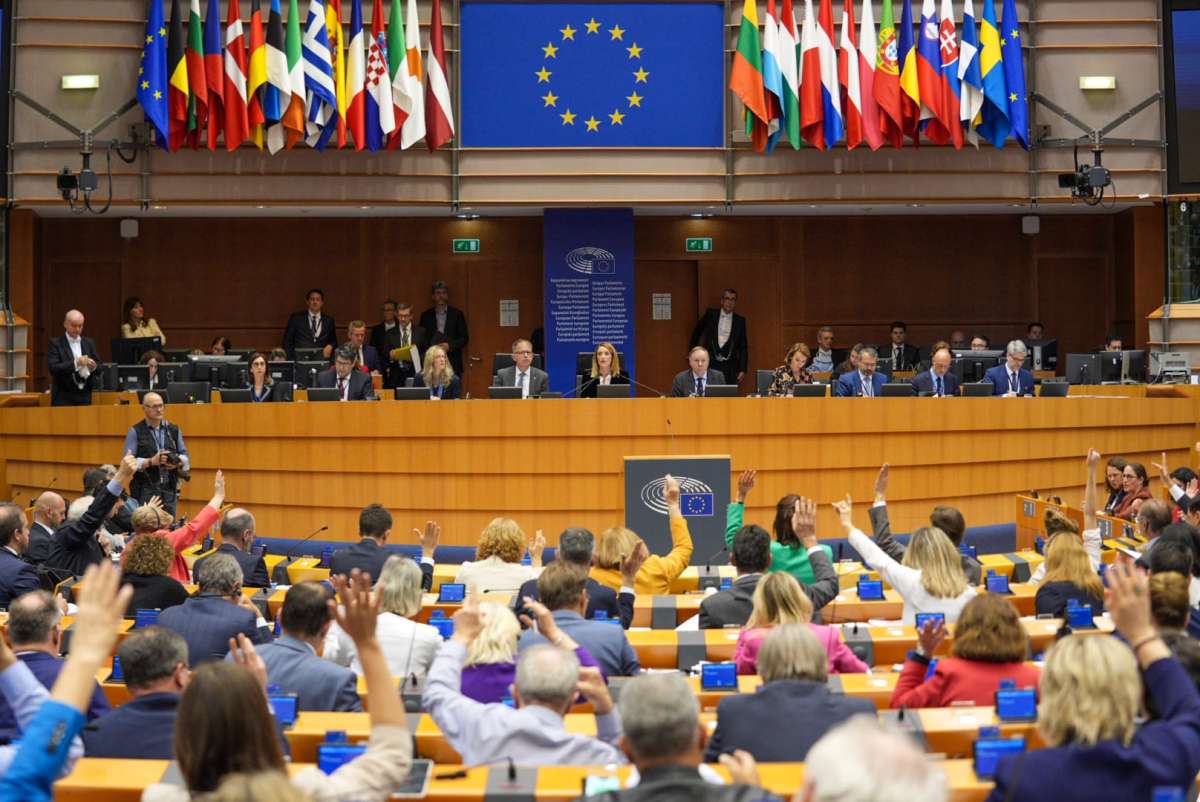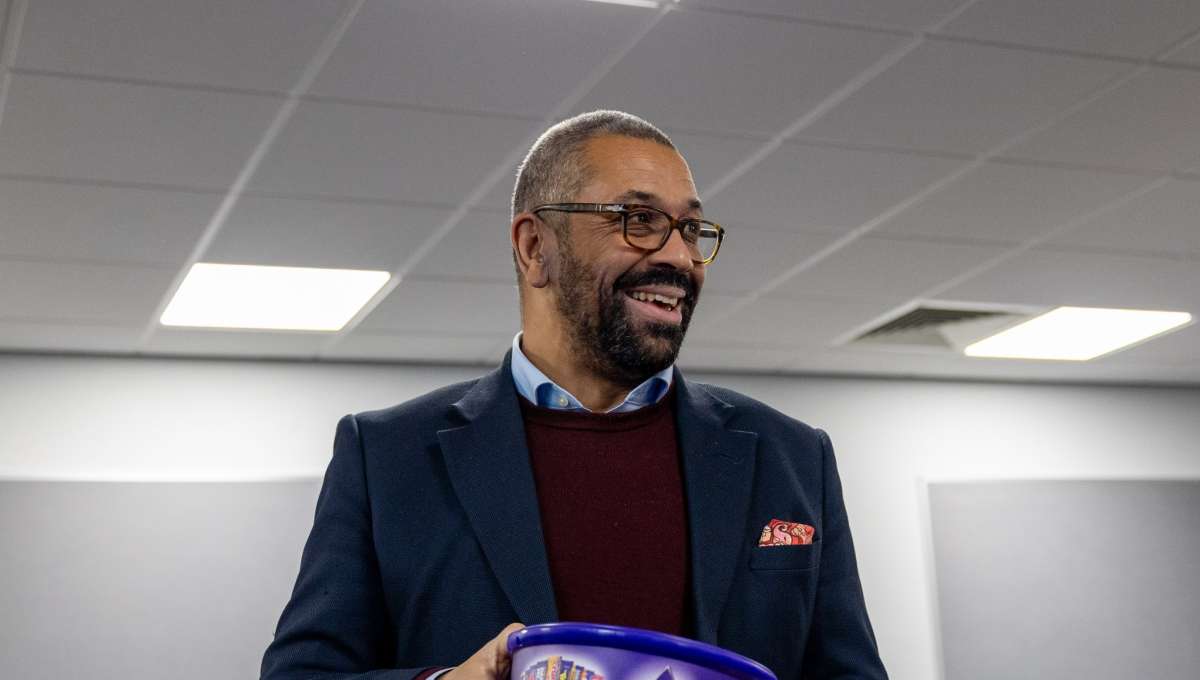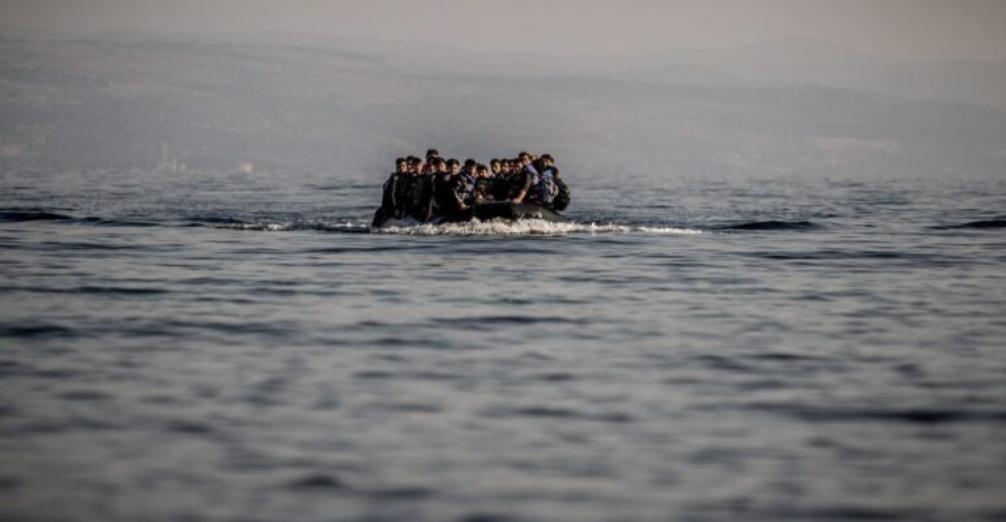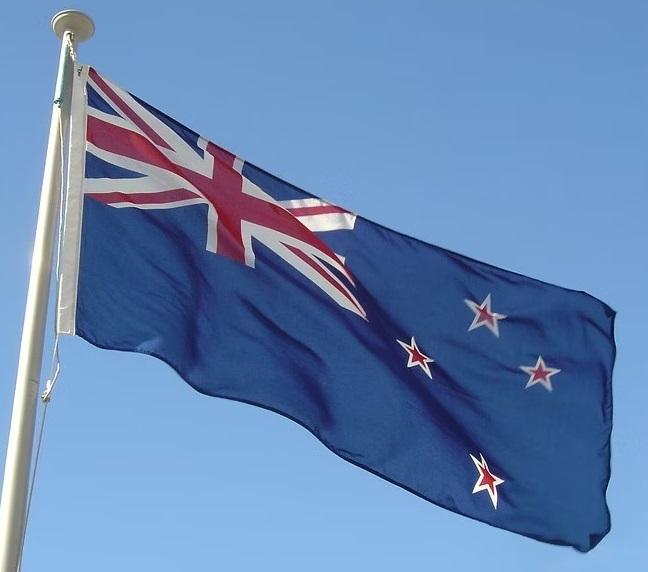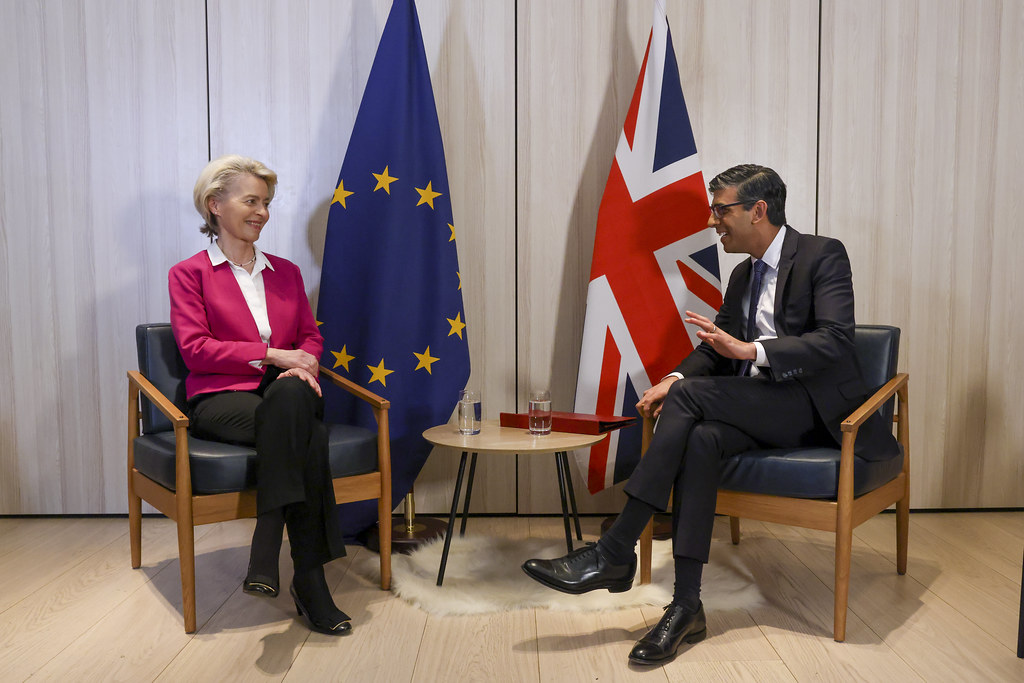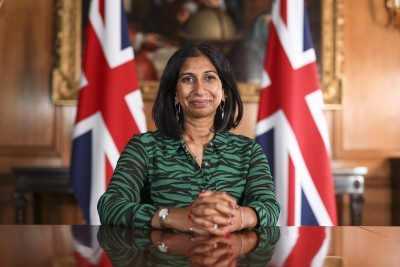In a series of 10 votes, European lawmakers endorsed the regulations and policies that make up the Pact on Migration and Asylum…reports Asian Lite News
The European Parliament on Wednesday approved a landmark overhaul of the European Union’s asylum and migration rules. The parliament’s main political groups overcame opposition from far-right and far-left parties to pass the new migration and asylum pact, a sweeping reform nearly a decade in the making.
In a series of 10 votes, European lawmakers endorsed the regulations and policies that make up the Pact on Migration and Asylum.
The reforms address the questions of who should take responsibility for migrants and asylum seekers when they arrive and whether other EU countries should be obliged to help.
“History made”, posted parliament president Roberta Metsola from X handle on Wednesday following the passage of the migration and asylum pact.
German Chancellor Olaf Scholz called the new rules a “historic, indispensable step” for the EU.
EU Home Affairs Commissioner Ylva Johansson said the bloc “will be able to better protect our external borders, the vulnerable and refugees, swiftly return those not eligible to stay” and introduce “mandatory solidarity” between member states.
However, outside the Brussels Parliament building, dozens of demonstrators protested against the vote, echoing criticism from more than 160 migrant charities and non-governmental organisations.
In a sign of the fierce opposition, the start of voting was interrupted by protesters in the public gallery yelling, “This pact kills – vote no!” until the chamber was brought to order. The legislation requires all EU member states to take some form of responsibility for managing asylum applications.
If an EU country does not want to accept people applying for asylum, then that member state must give alternative assistance, like financial contributions to a support fund.
Also, EU member states experiencing significant spikes in applications for asylum may call for the applicants to be distributed to other EU countries.
The most controversial part of the package involves establishing border facilities in the EU to host asylum seekers and screen and quickly send back applicants found not to be ineligible. Swedish parliamentarian Malin Bjork said the pact does not respond to “any of the questions it was set to solve”.
She said the reform package “undermines the individual right to seek asylum” in Europe because it would build on plans that some EU countries already have to process migrants abroad. Italy has concluded one such deal with Albania. Bjork’s Left group voted against the pact.
Far-right lawmakers complained the overhaul did not go far enough to block access to irregular migrants.
The mainstream centrist right and left in parliament had called for the pact to be passed as an improvement over the current situation.
They warned that failure to pass the reforms would boost the far-right, predicted to become a bigger force in the European Parliament following June elections.
Sophie In ‘T Veld, a key figure pushing the package through, acknowledged “problematic elements, risks and weaknesses”, but said that overall it marked a step forward.
The pact’s measures are to come into force in 2026, after the European Commission sets out in coming months how it would be implemented.
The new border centres would hold irregular migrants while their asylum requests are vetted, and speed up deportations of those deemed inadmissable.
It would also require EU countries to take in thousands of asylum-seekers from “frontline” states such as Italy and Greece. Alternatively, they could provide money or other resources to the under-pressure nations.
The German chancellor, commenting on X, the former Twitter, said the accord stands for “solidarity among European states” and would “finally relieve the burden on those countries that are particularly hard hit”.
A controversial measure is the sending of asylum-seekers to countries outside the EU that are deemed “safe”, if the migrant has sufficient ties to that country.
The pact has wended through years of thorny talks and compromises ever since the bloc was confronted with large numbers of irregular migrants who arrived in 2015, many from war-torn Syria.
Under current EU rules, the arrival country bears responsibility for hosting and vetting asylum-seekers, and returning those deemed inadmissable. That has put southern states under pressure and fuelled far-right sentiment.
Soon after the vote passed, Polish Prime Minister Donald Tusk said that his government would “protect” Poland from the migrant relocation mechanism.
“We will find ways so that even if the migration pact comes into force in roughly unchanged form, we will protect Poland against the relocation mechanism,” Tusk told reporters.
“I have certain possibilities to build alliances and the mechanism of relocation or paying for not taking in [migrants] … will certainly not apply to Poland,” said Tusk, a former European Council chief.
Although Tusk’s governing alliance is largely pro-EU, it maintains criticism of the EU’s migration reform. Hungarian Prime Minister Viktor Orban wrote on X formerly Twitter, that the pact was a “nail in the coffin” for the EU. “Secure borders are no more, Hungary will never give in to the mass migration frenzy,” Orban wrote.

